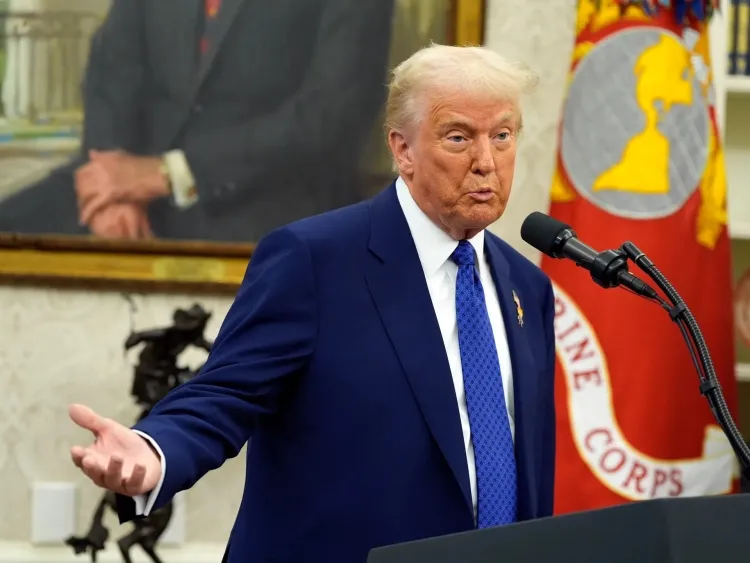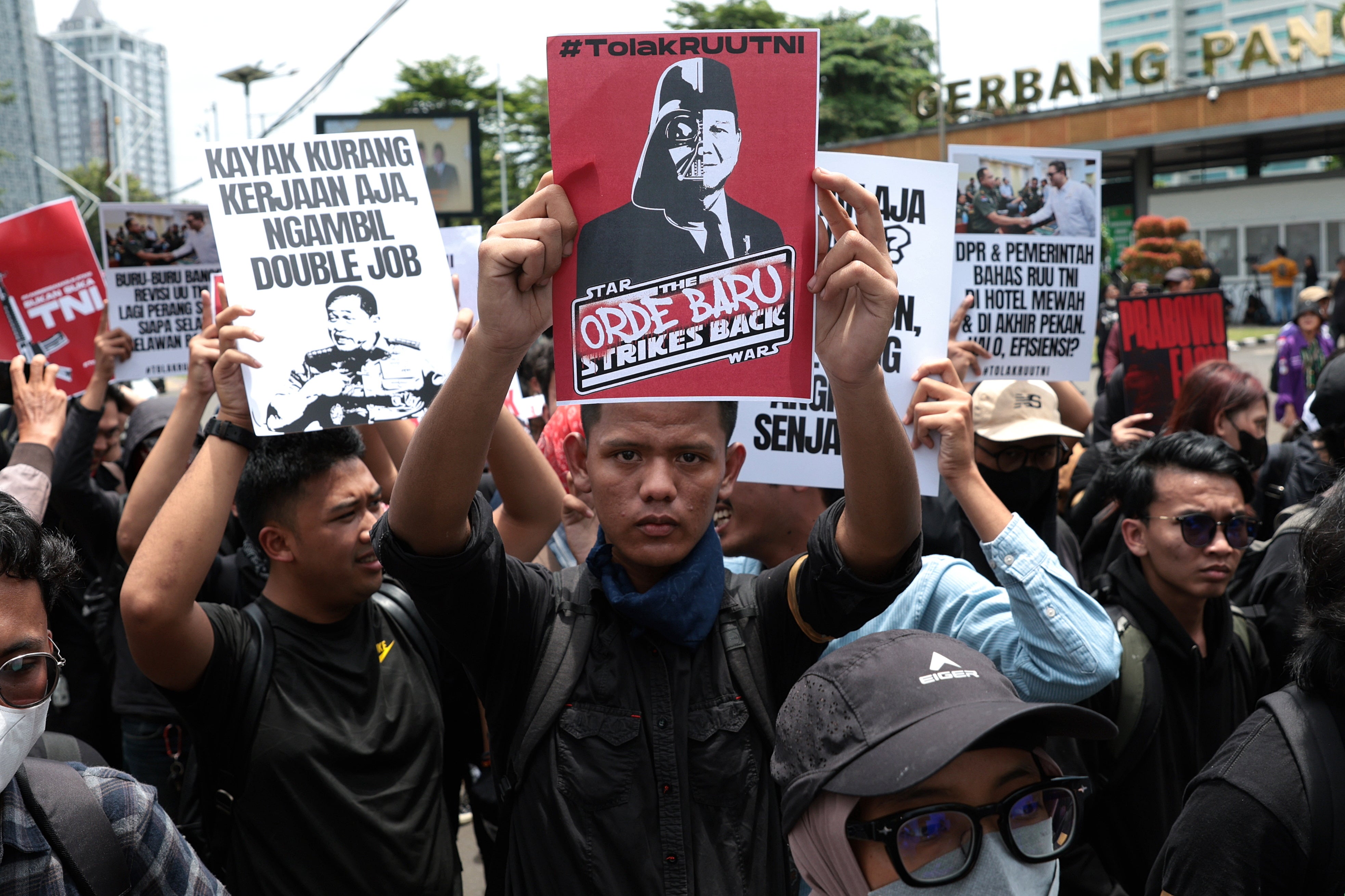Trump Questions U.S. Aid for Indian Voter Turnout: Implications and Reactions
Amid rising tensions over foreign aid, former U.S. President Donald Trump has publicly questioned the allocation of $21 million intended for voter turnout initiatives in India, drawing parallels to foreign interference in American elections. His remarks, made during the FII Priority Summit in Miami, have sparked significant debate regarding the implications of U.S. aid and its potential impact on India's electoral landscape.

Trump's Critique on Foreign Aid
In his address, Trump expressed skepticism about the necessity of the $21 million funding, suggesting that it may be aimed at influencing electoral outcomes in India. He compared this situation to the alleged foreign interference in U.S. elections, highlighting the stark contrast between the substantial aid for India and the minimal amount associated with Russian interference in the United States. "What do we need to spend $21 million for voter turnout in India? I guess they were trying to get somebody else elected," Trump stated, emphasizing his concerns about external influence in democratic processes.
This statement follows the U.S. Department of State's decision to cancel the $21 million fund as part of a broader crackdown on U.S. aid-funded projects. The cancellation is part of a series of cuts that also includes $39 million aimed at biodiversity conservation in Nepal and $29 million for political strengthening in Bangladesh.
Reactions in India
Trump's comments have elicited strong reactions from Indian political figures, particularly from the ruling Bharatiya Janata Party (BJP). Amit Malviya, a prominent BJP leader, accused foreign entities of attempting to interfere in India's electoral processes, questioning the motives behind the U.S. government's funding decisions. He raised concerns about who stands to benefit from such actions, implying that they do not favor the ruling party.
On the other hand, opposition parties, including the Congress, have countered these claims. Congress leader Pawan Khera challenged the BJP's narrative, questioning how the ruling party could sabotage its electoral prospects through what they label as electoral interference. This exchange highlights the contentious political climate in India, where foreign influence is a sensitive topic.
Impact on U.S.-India Relations
The debate surrounding U.S. aid to India and Trump's remarks could have implications for bilateral relations. As India continues to strengthen its democratic processes, the perception of foreign interference may lead to heightened scrutiny of external funding sources. It raises questions about the role of international aid in shaping domestic politics and whether such funds serve to empower or undermine local governance.
Moreover, the cancellation of the $21 million aid could signal a shift in U.S. foreign policy priorities, particularly regarding its engagement with South Asian nations. The ramifications of this decision may extend beyond India, potentially affecting perceptions of U.S. intentions in the region.
Conclusion
Trump's questioning of U.S. aid for voter turnout in India has opened a crucial dialogue on foreign influence in elections and the implications of aid allocations. As political parties in India navigate these complex issues, the ongoing discussions will likely shape the future of U.S.-India relations and the dynamics of electoral politics in the region. The interplay between foreign aid and domestic governance remains a pivotal topic, warranting careful consideration from both Indian leaders and the international community.
What's Your Reaction?















